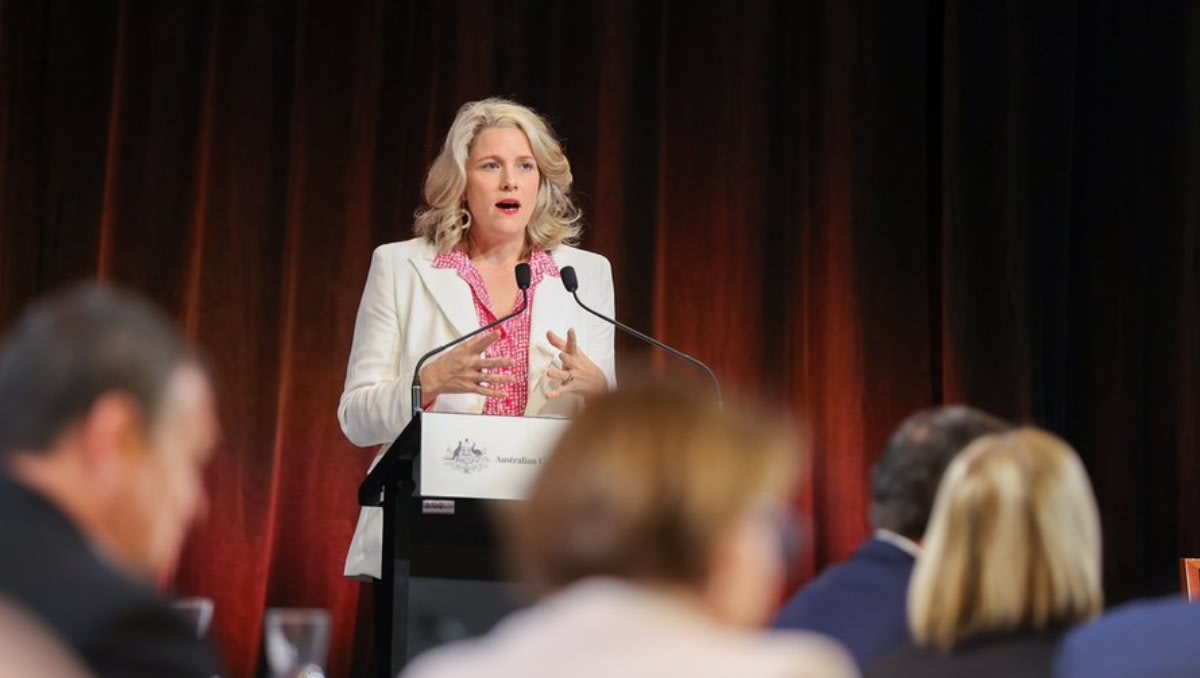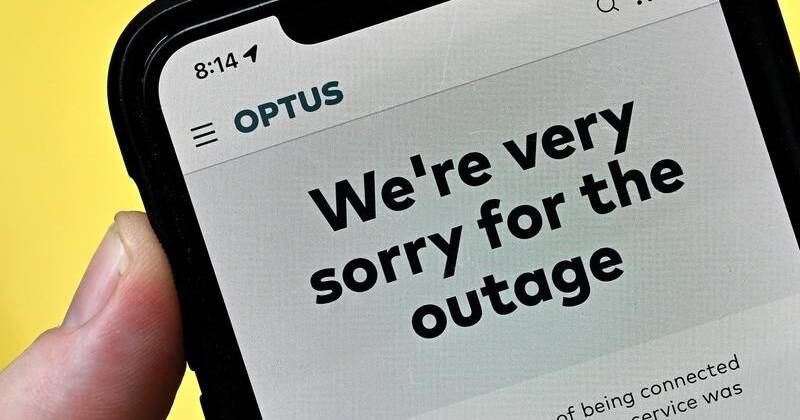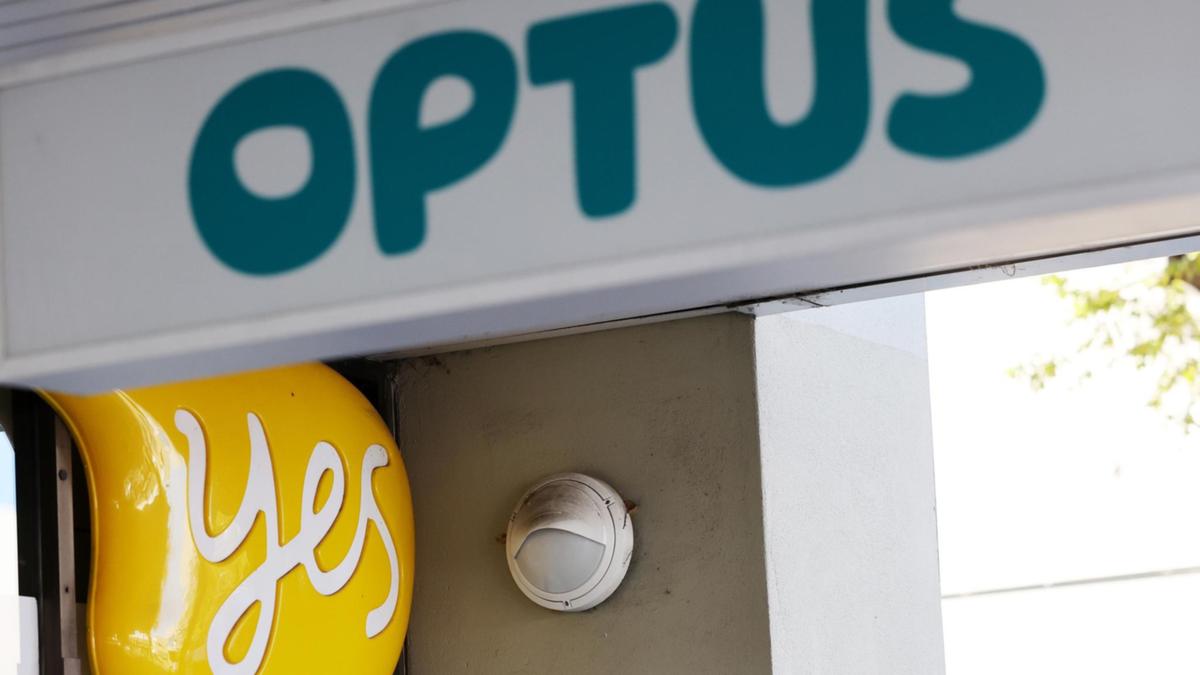The federal opposition has ramped up calls for an investigation into why 228 calls made to Triple Zero during the Optus outage earlier this month failed to connect.
Shadow minister for communications David Coleman said the post-incident focus needed to shift to “investigating what went wrong, especially with regards to the 000 calls that did not get through.”
“The federal government has a central role to play in regulating and monitoring the provision of the 000 service under the Telecommunications (Consumer Protection and Service Standards) Act 1999,” Coleman said in a statement.
“It’s approaching two weeks since the Optus outage and the Communications Minister [Michelle Rowland] still hasn’t released the terms of reference for the review she announced back on November. 9”
Optus’ now-former CEO Kelly Bayer Rosmarin did not reveal how many of the 228 calls were from mobile services when she appeared at a senate inquiry into the outage this past Friday.
When asked why shared roaming arrangements with other telcos failed to connect emergency calls from Optus’ mobile services during the outage, Rosmarin said “It’s too early to tell where the issue actually occurred.”
“We don’t manage the Triple Zero system. It’s a very complex system that involves all the carriers; it involves the device manufacturers,” she said.
“If someone else has an outage, we should be picking up some of the calls. That’s how the system should work.”
The Australian Communications and Media Authority’s investigation into the outage will examine why Optus’ shared roaming arrangements with other telcos failed to preserve mobile connections for Triple Zero calls, and whether Optus violated emergency protocols.
Rosmarin said that for all 228 calls, Optus had upheld an emergency protocol requiring telcos to run welfare checks on customers who have been left unable to ring triple zero during an outage.
“Thankfully, everybody is OK,” she said.
Rosmarin did not inform communications minister Michelle Rowland that mobile calls to emergency services were affected by the outage during their first phone call at 8:30am – four hours into the outage – because the CEO herself was not aware of the issues at that time.
“It’s always the case that if a landline is down you can’t call Triple Zero. That’s known information,” Bayer Rosmarin said.
“When I spoke to the minister at that time we had every reason to believe that the Triple Zero system would work as designed and that all calls would go through on alternative networks.”
Mobile roaming
Rosmarin said that using other telcos’ roaming infrastructure to keep Optus’ customers’ internet and phone services connected in general – not just for emergency calls – was also considered during the outage.
“That was something we also discussed in our first crisis meeting; whether there’s even the ability to have customers go on another network on a scale like that. And it’s not a capability that exists.”
Greens senator Sarah Hanson-Young said that she was “flabbergasted” that Optus had not explored making agreements with other telcos to maintain each other’s customers’ internet and phone connections during an outage through sharing roaming infrastructure before November 8.
“I don’t understand why this wouldn’t already be on your list of things to investigate,” the senator said.
“Is it because you don’t want your customers being able to roam on a competitor’s network? Is this about protecting your own profits ahead of the interests of the customer?” she asked.
Liberal senator Sarah Henderson told Rosmarin that “Mobile roaming is used, in fact, at the moment in relation to emergency phone calls, where there’s only one Optus tower or one Telstra tower in a rural area; so you currently have that technology.”
Optus managing director of networks Lambo Kanagaratnam said, “We don’t have a mobile roaming agreement with Telstra or TPG; TPG roams on our network in regional areas on 3G, however, we don’t have a facility for our subscribers to roam on another network.”
Rosmarin told the senators that there were “practical implications” that would have needed to be considered before Optus “automatically rolled our entire customer base onto another network.
“Given that Optus has … about 30 percent market share, let’s say hypothetically that there was a fault on Telstra’s network, where they have 50 percent market share, and suddenly all of those subscribers were to be on our network.
“We would have to have already invested in the capacity to be able to cater for that many customers simultaneously.
“So there are a lot of considerations if we go down this path about investment capacity, and how that all works to make sure that you don’t inadvertently, if one goes down, bring down another network.”




